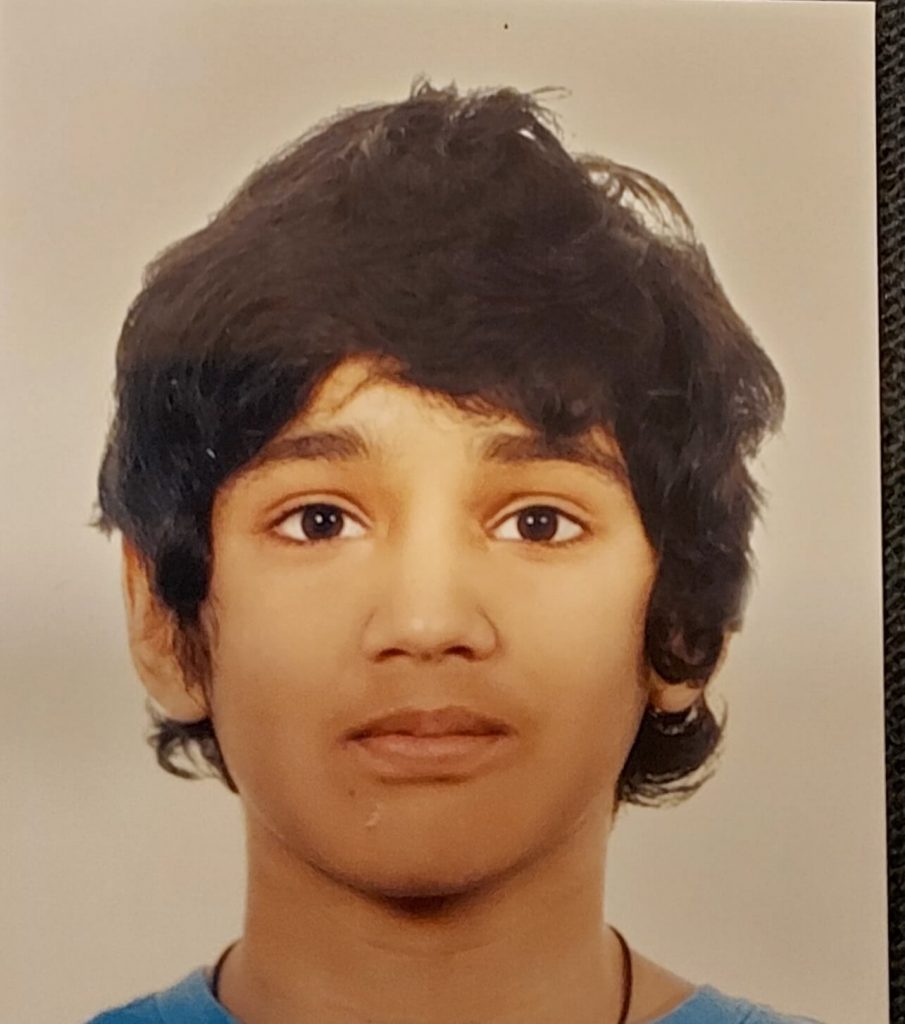Our Schools
Isshaan Arun of Grade 1 B in Ekya JP Nagar campus, has won the first prize in the Online Chess tournament held on Sunday 26/07/2020 by chess school GO CHECKMATE – Singapore.
They conducted their 12th GCCA Online Rapid Chess Tournament with youth participating from Singapore, Australia, New Zealand, Malaysia, Dubai, and India. In which Isshaan Arun bagged the first prize under the 08 age category. His final score was 3.5 out of 4, a total of 4 rounds were held online.
Congratulations Ishaan! We are proud of you
#TeacherBlogger: Encouraging self-learning habits in students
As a teacher, I have been trying to understand why children are sometimes unable to focus on a class? Why do they sometimes come up with excuses for failing to complete an assignment on time? Why are these children unable to do things by themselves? Why are they drifting away from enjoying learning?
As I experienced these in my classroom, I have come to realize that our children are hinting to us for motivation, a word of encouragement from their teachers, or an acknowledgment of the effort they put in their assignments

I have also realized how online learning is not easy even for us too and how important it is to see continuous improvement in our students’ academic performance and their confidence levels in this current scenario of pandemic and lack of face to face contact.
In my quest to find the solution to these questions, I made a conscious effort to bring about certain changes in my instructional style. These led to self-learning habits in my students, which I would like to share through this blog.
My classroom consists of children with different learning styles as is a normal phenomenon. I have made use of a few activities during my online sessions that help in enhancing the engagement level of students, make the classroom interesting, and help children stay focused and enjoy learning.
I have always believed in the power of positive reinforcement. There is this child in my class who was earlier hesitant and a little shy. After a lot of encouragement and acknowledging the child’s efforts, the child has started to open up and participate in classroom activities. I adopted the strategy of providing verbal and written feedback on their performance which helps them reflect on their work and their confidence in independent learning.
I sometimes give my students a choice of how they want to study; for example, some students like to write every single word I say while some just want to listen. This helps them to pursue their learning matching their own preferences and to take ownership of their learning too and leading to a feeling of empowerment and control of their own learning.
Although we are still in the online learning era, I believe we should encourage students to put their phones on silent mode and make strategies such that limit their screen time during study hours.
One way of doing this would be to encourage students towards using more books offline. This would be easy if we encourage students towards reading, have discussions on books, facilitate them to ask questions, and think critically. We need to make sure that they are not just memorizing information, instead, thinking deeply about their assignments. We need to give them space and time to ask questions and in responding to them too, thus, helping our students to be confident self-learners.

Richa is a librarian and also teaches Hindi as a second language to Grades 5, 6 and 8 and third language to Grades 6 and 7.
By
Richa Saxena
Librarian
Ekya Byrathi













Leave a reply